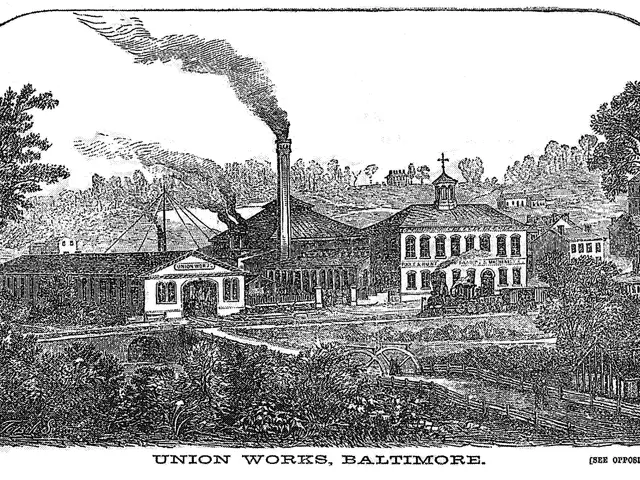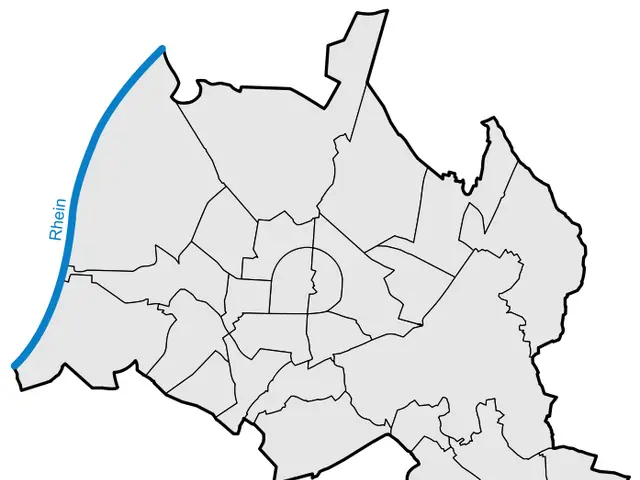Authorities reveal plans to govern VTC services: City rallies allowed under constraints, and intercity taxi drivers involved
In a bid to address the ongoing controversy and ensure the legality of urban transportation services, the Government of Castilla-La Mancha has announced the development of a new Regulation for taxi and Vehicle with Driver (VTC) services in the region. This decision comes in response to the entry of the Bolt platform in Toledo, which has been operating illegally in the city.
The Minister of Public Works, Nacho Hernando, has stated that his Government intends to strengthen the protection of the taxi sector as a public service. The new regulation, which is being worked on jointly with the sector, will be processed with "utmost urgency, transparency, and citizen participation".
The draft regulation proposes several key changes. It will allow VTCs to make trips within cities, while taxi drivers will be able to pick up passengers outside their municipality. However, strict limits will be set for VTCs, such as no fixed stops, no street pick-ups without prior reservation, no operation without pre-contract, and no wandering around the city when not providing a service.
The regulation will also address concerns about transparency and accessibility. It will propose utmost transparency in prices and the meeting of ratios of adapted cars for reduced mobility. Moreover, the VTC regulation will prohibit prior geolocation and limit the number of VTCs in tourist points.
The regional government will begin to impose fines on the Bolt platform next week for illegally providing urban services within Toledo. Ten complaints have been received against Bolt vehicles in Toledo, out of the 45 allegedly held by the City Council, which have been processed by the Local Police. The fines for illegal services can reach up to 4,000 euros.
José Luis Morón, the technical secretary of the Regional Taxi Federation, has warned that the problem of VTCs could reach any other locality in Castilla-La Mancha. The Toledo City Council is urged to enforce its municipal ordinance and fine VTCs that park in areas reserved for taxis, access pedestrian areas, or violate local regulations.
In a positive development, the Minister of Public Works will launch a call for grants of 100,000 euros in October to adapt taxis in the region for people with reduced mobility. This move is aimed at ensuring equal access to transportation for all citizens.
The President of Castilla-La Mancha, Emiliano García-Page, has announced that he hopes the new regulation can be approved by the end of this year or at the latest by early 2026. The regulation will require each autonomous community to create their own norm, with the state-level regulation serving as a guideline.
As the situation unfolds, it is clear that the Castilla-La Mancha government is taking decisive action to regulate VTC services and ensure the legality and safety of urban transportation in the region.







